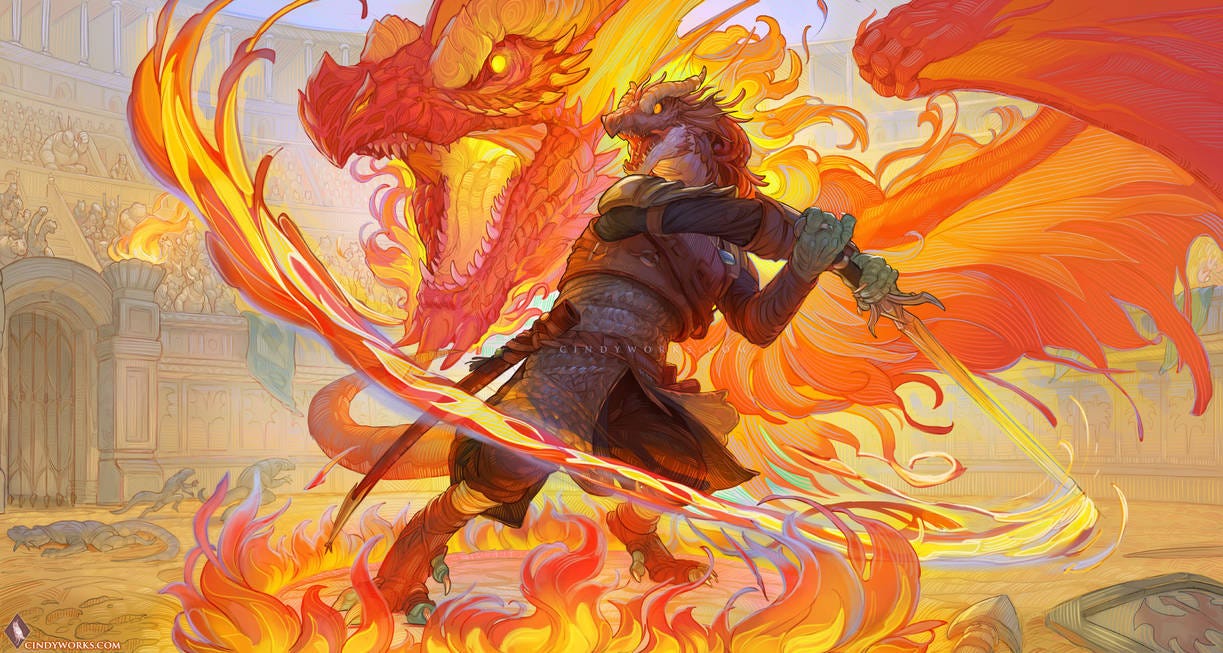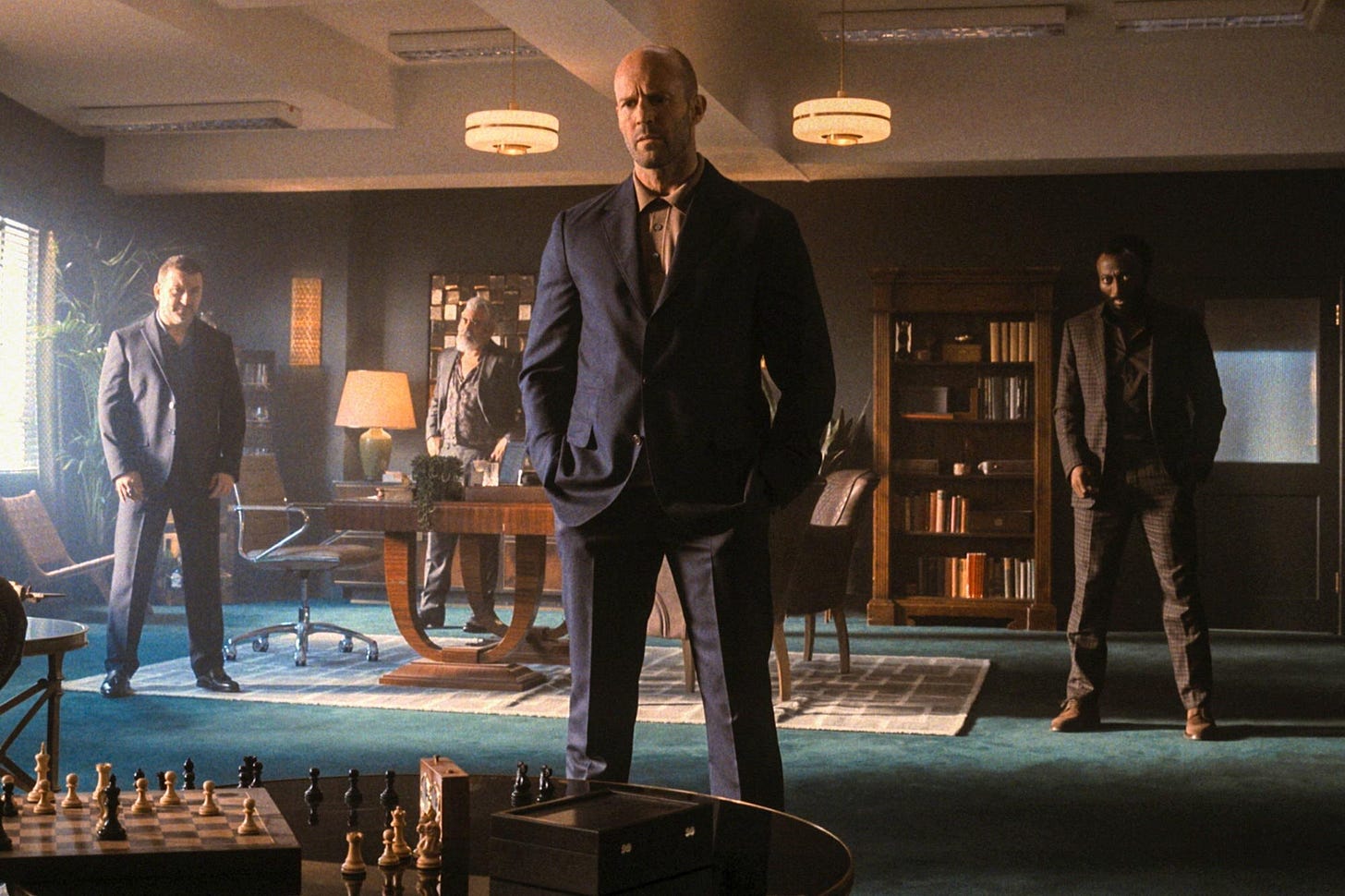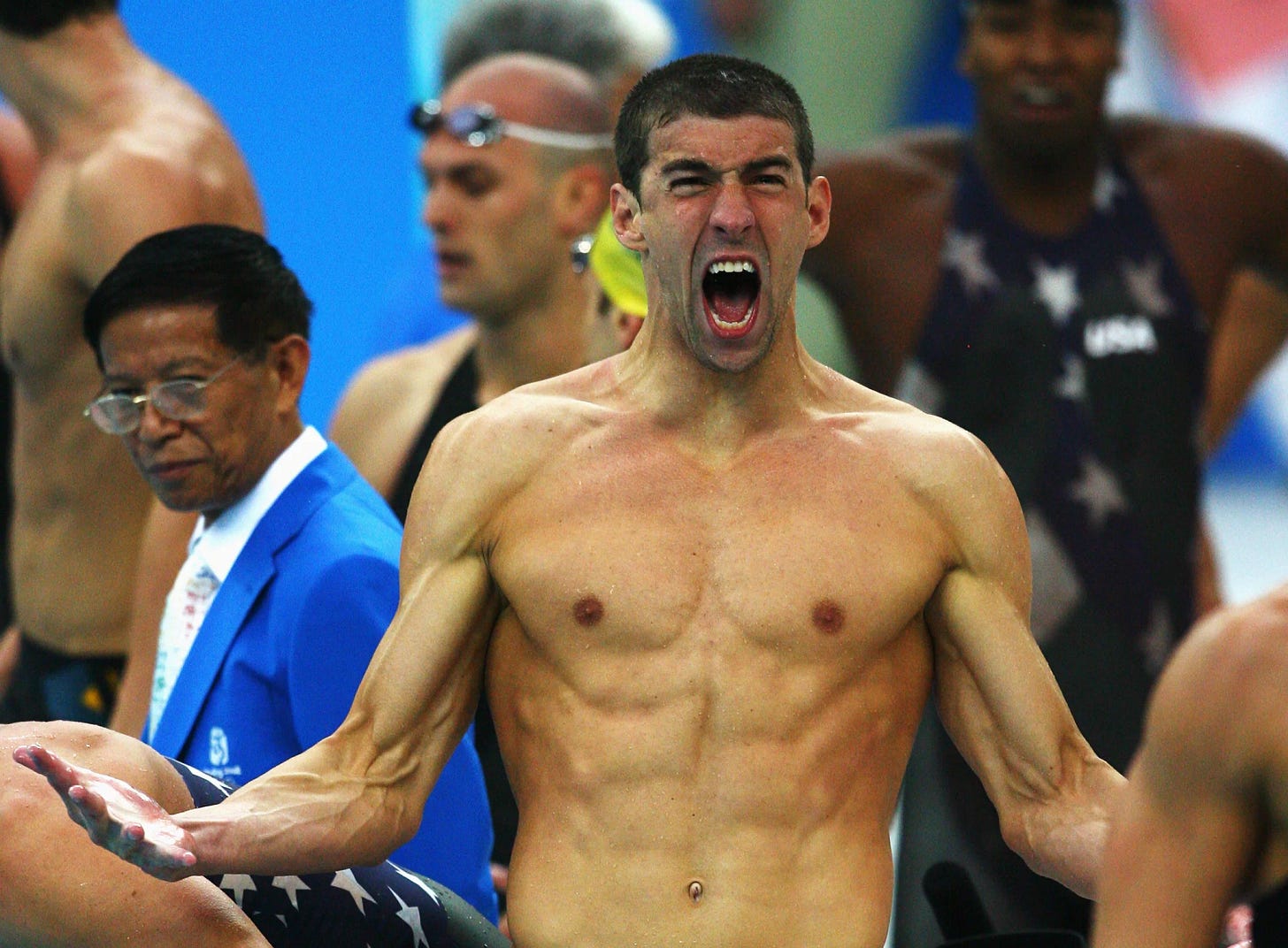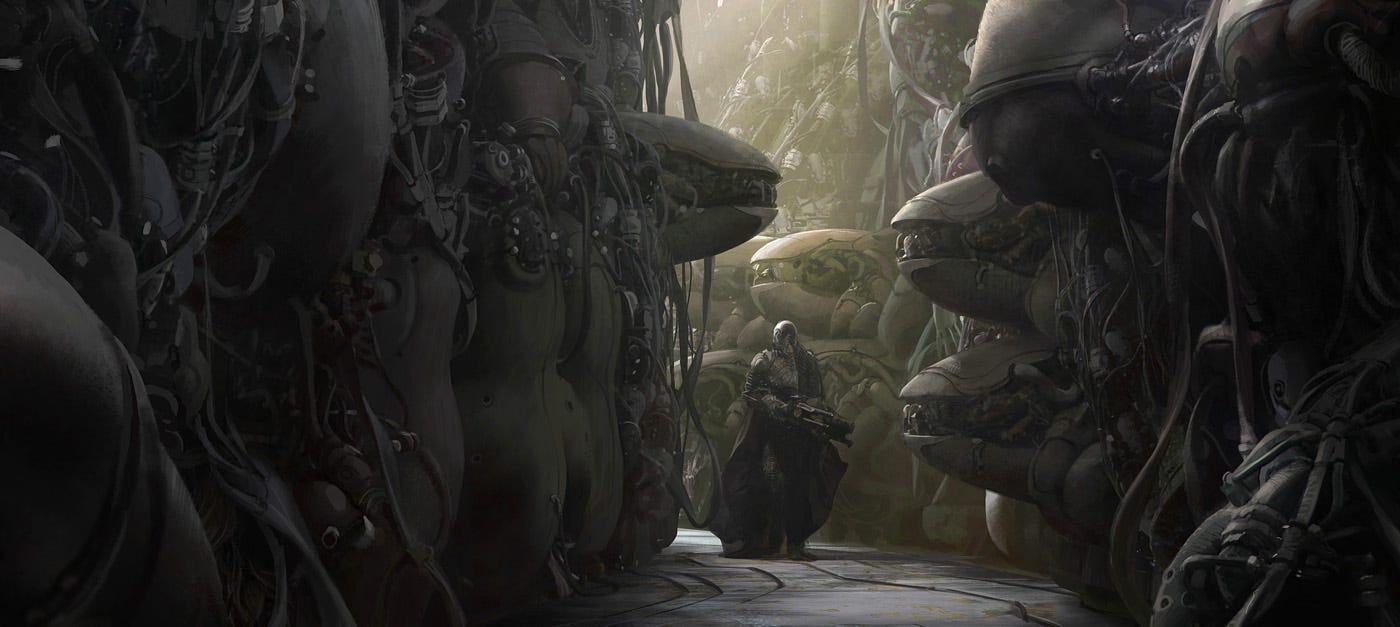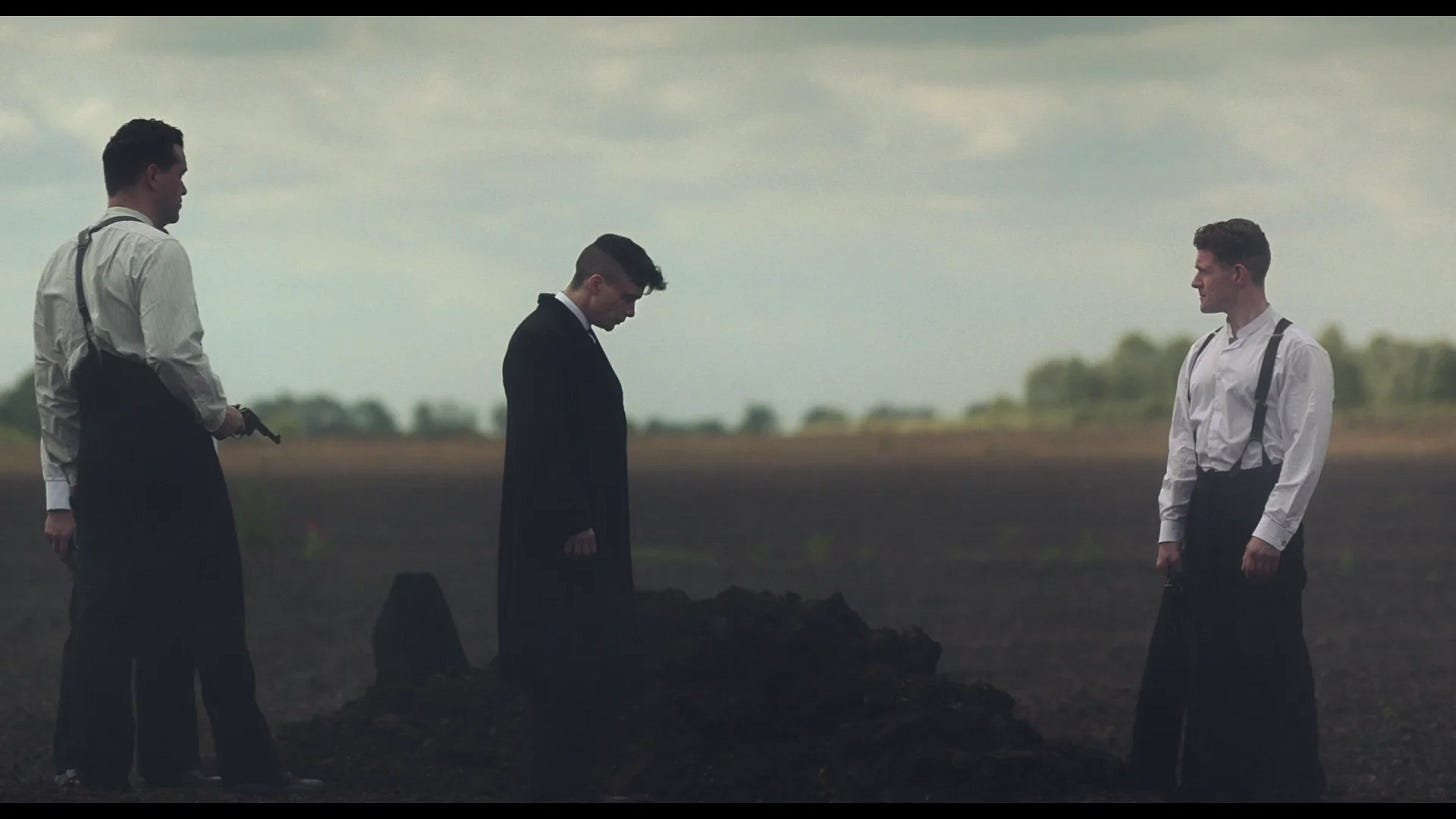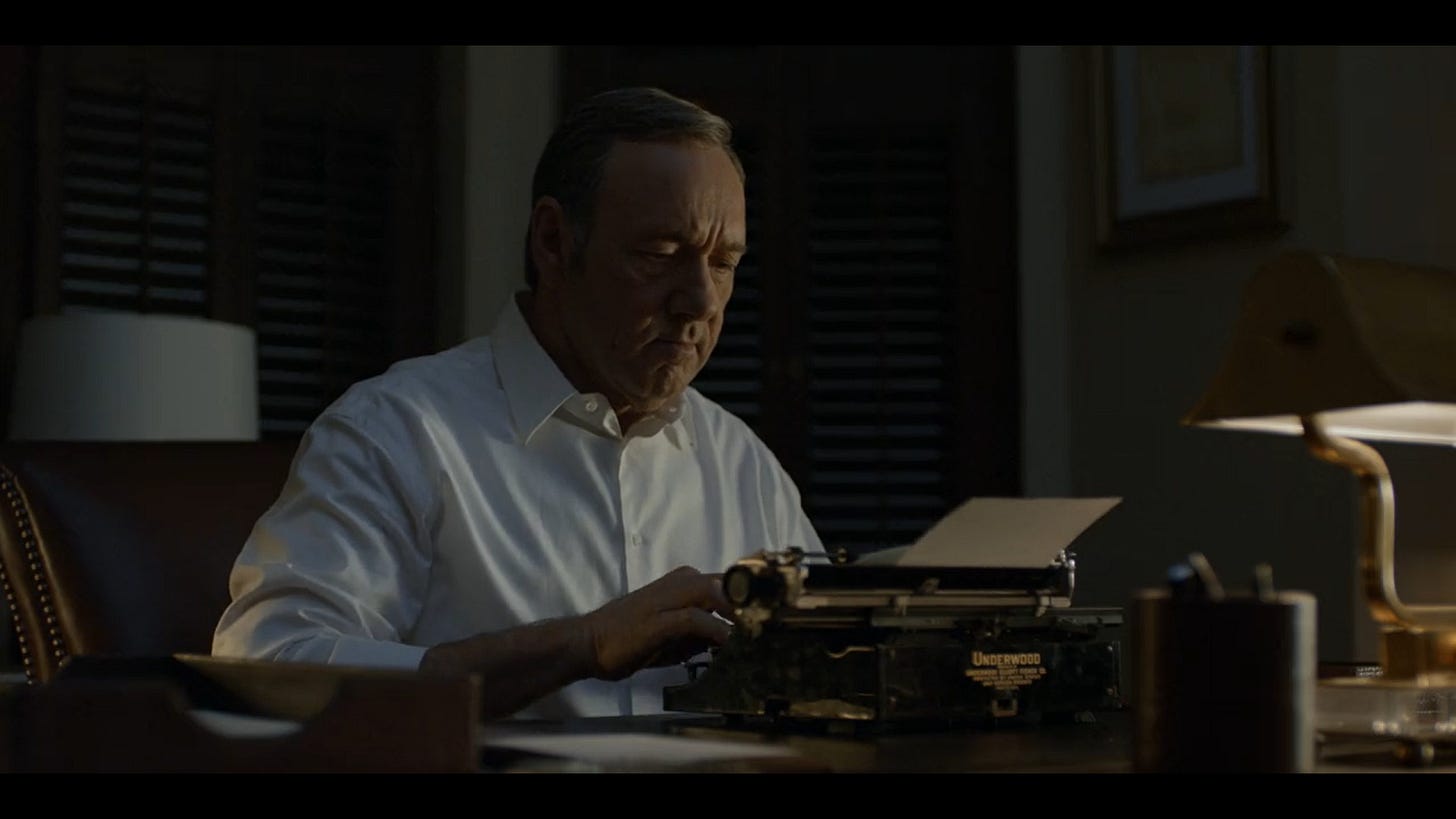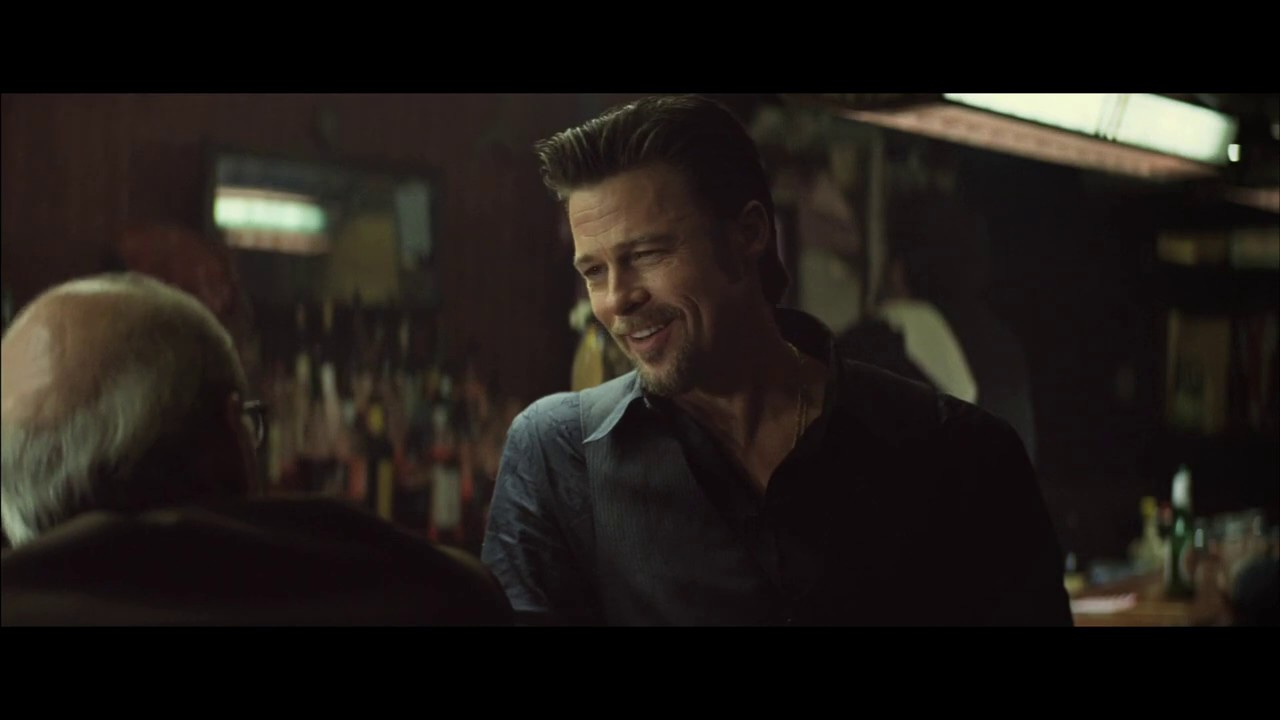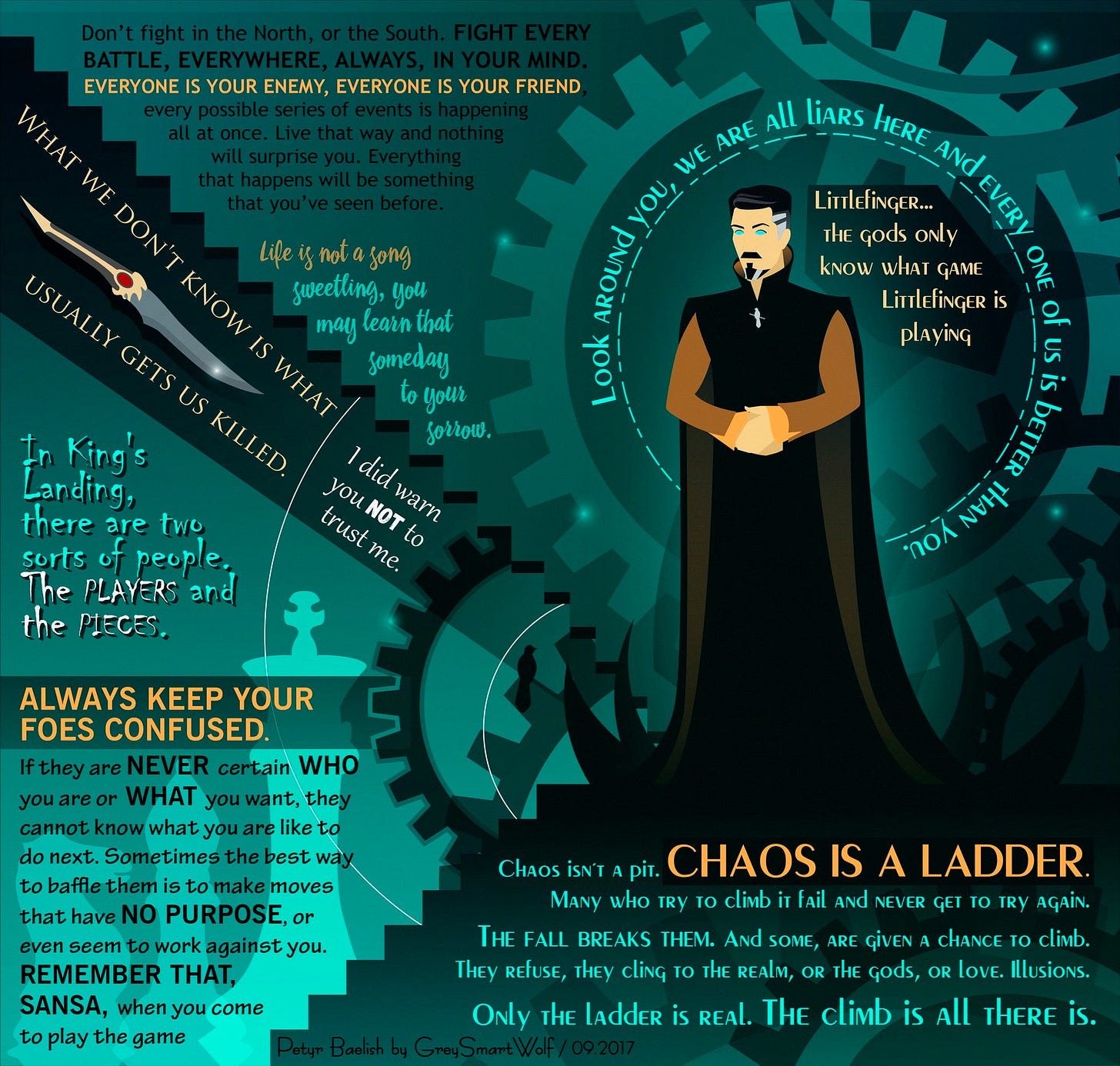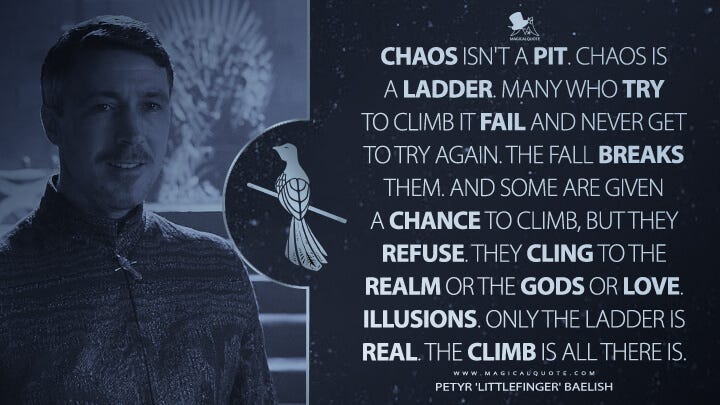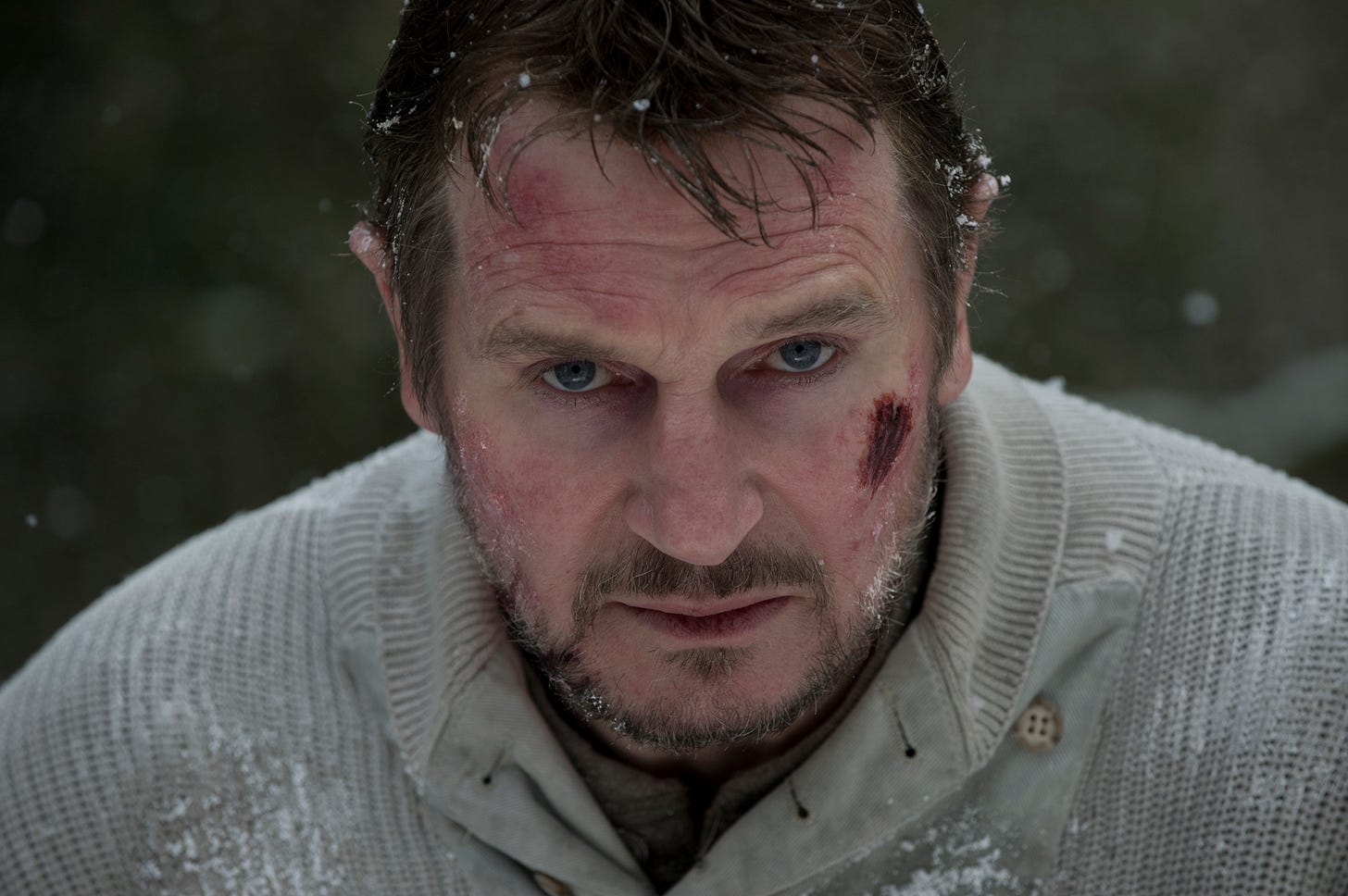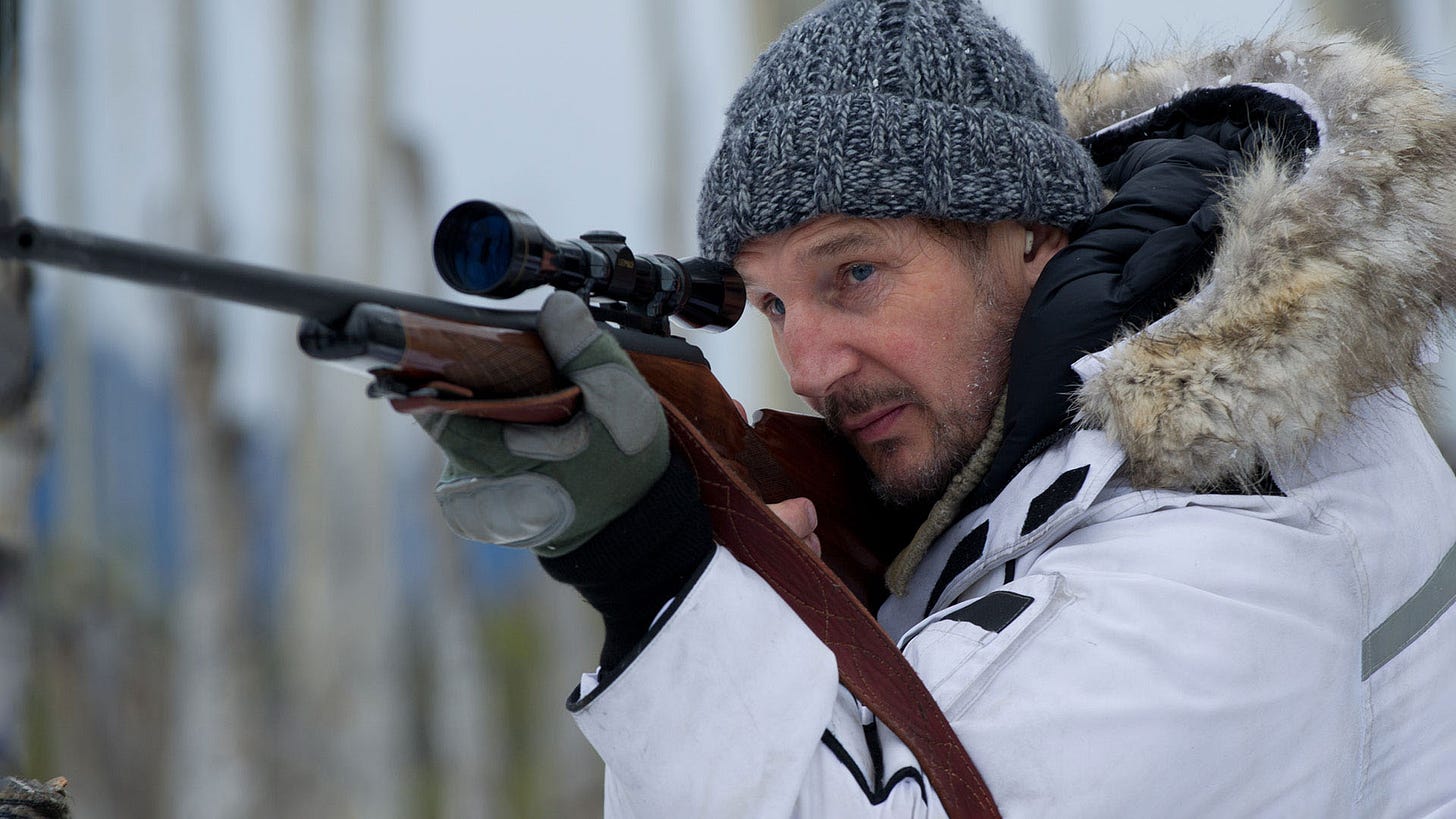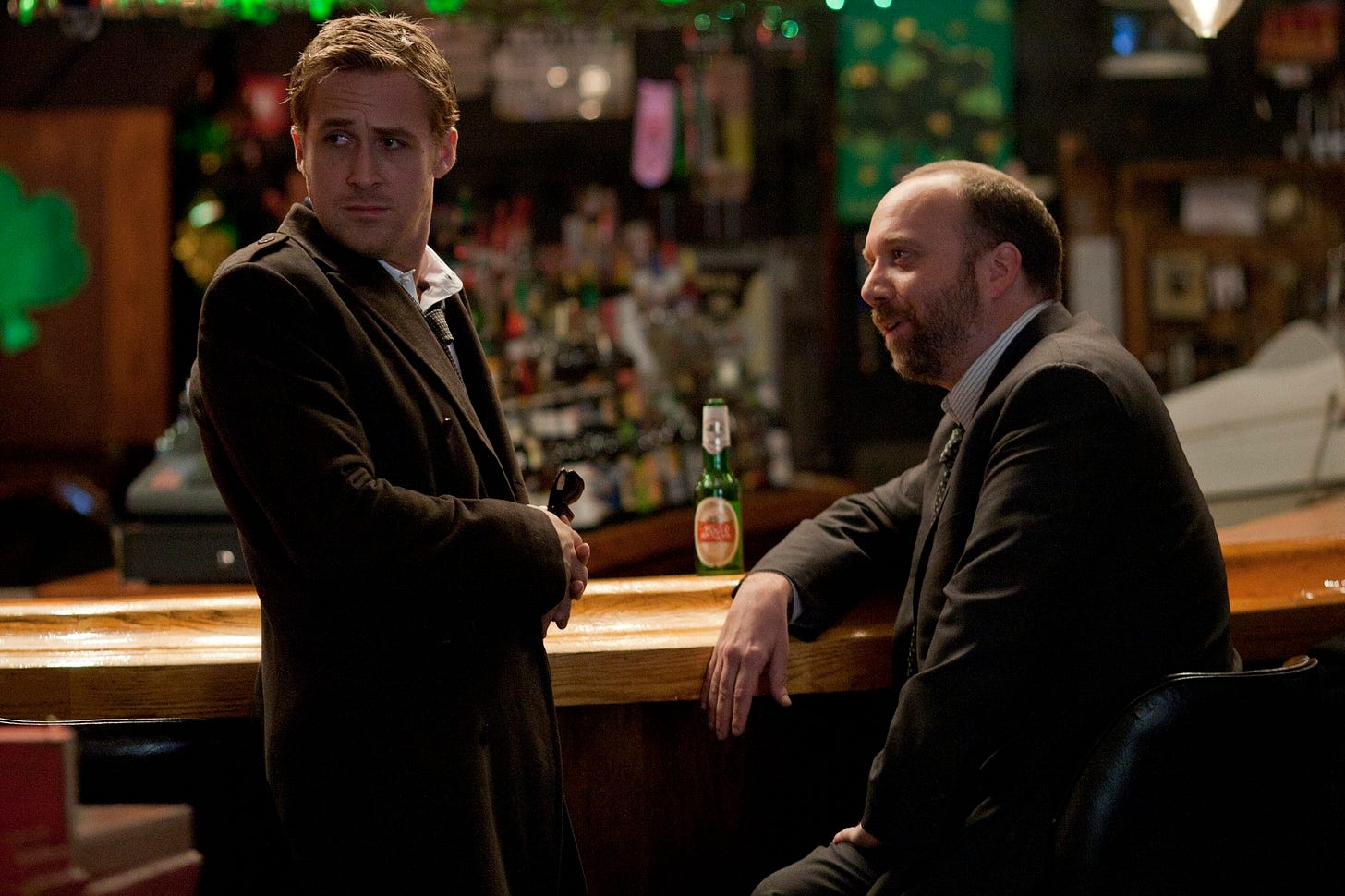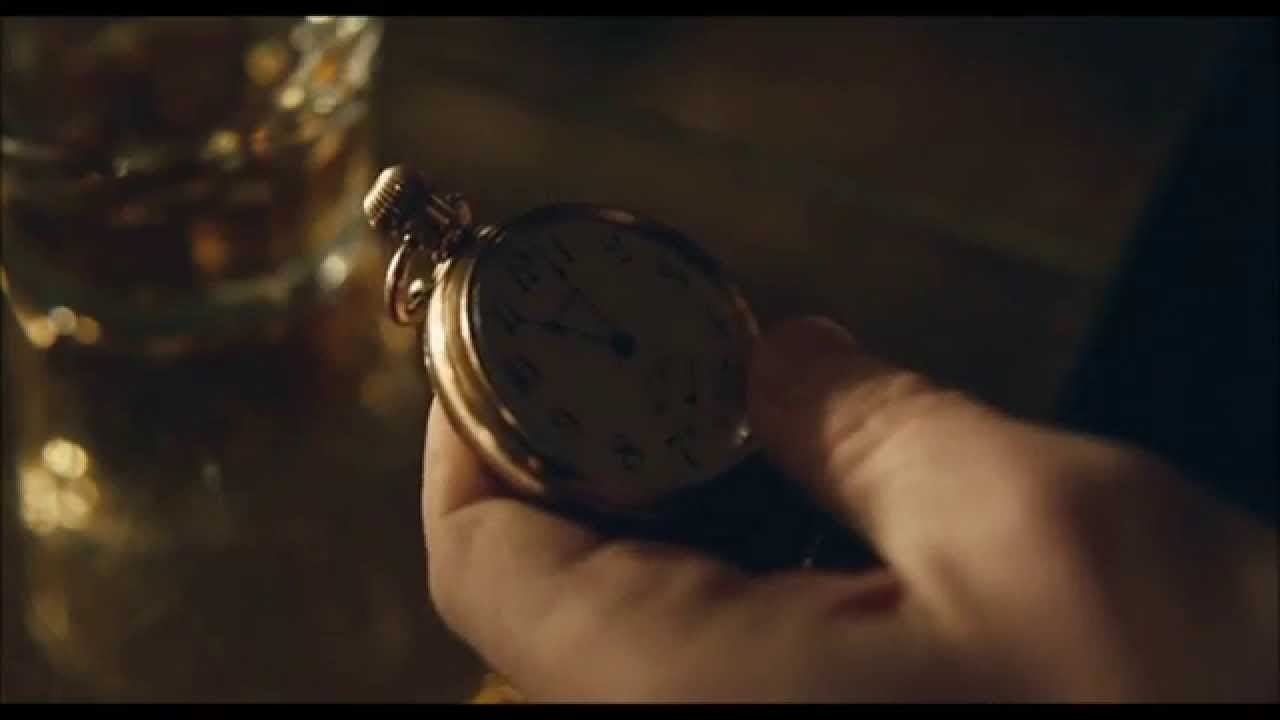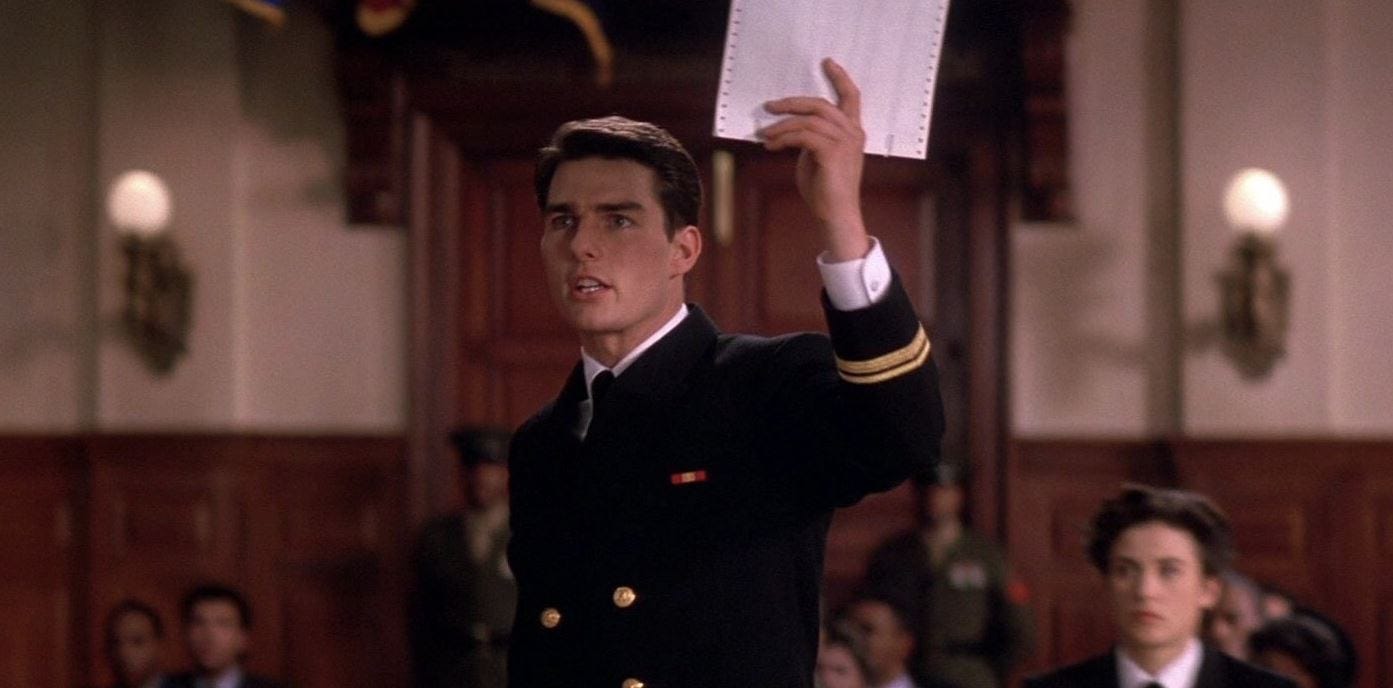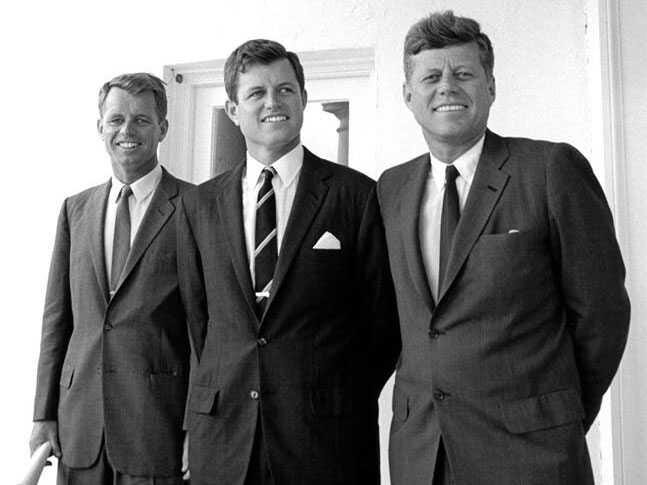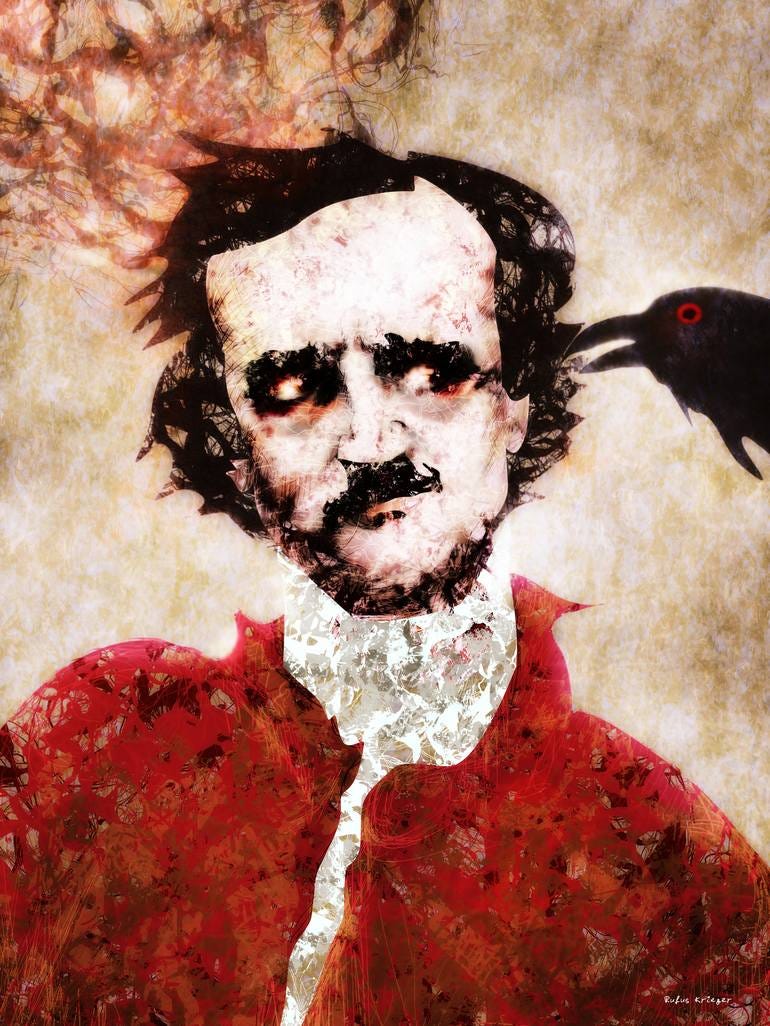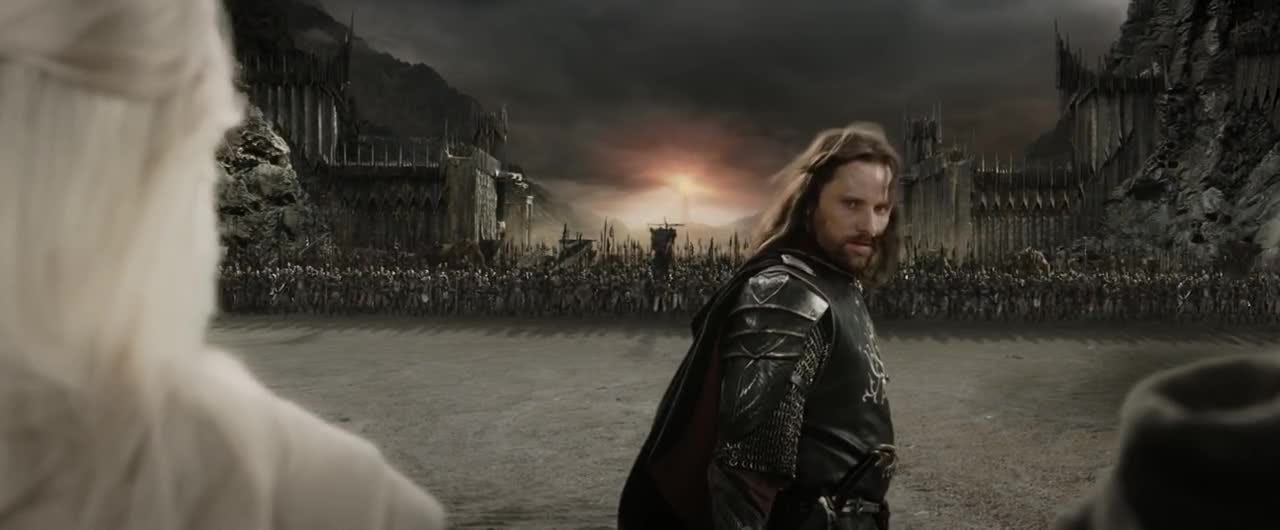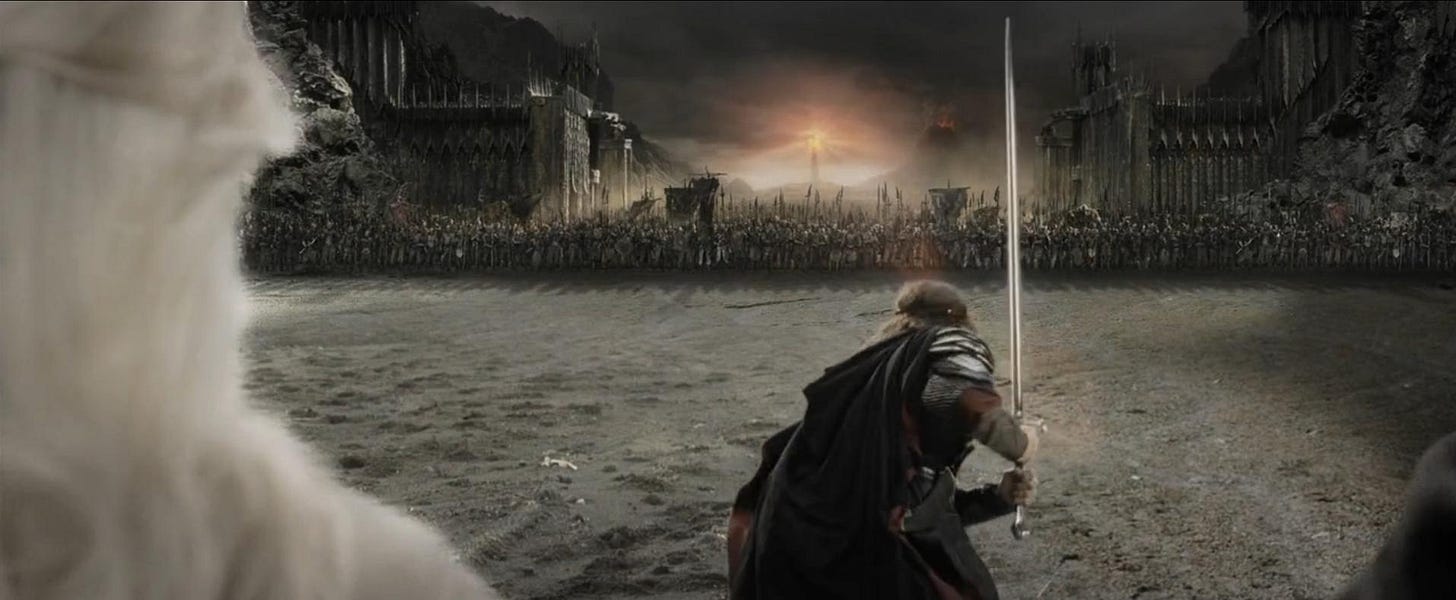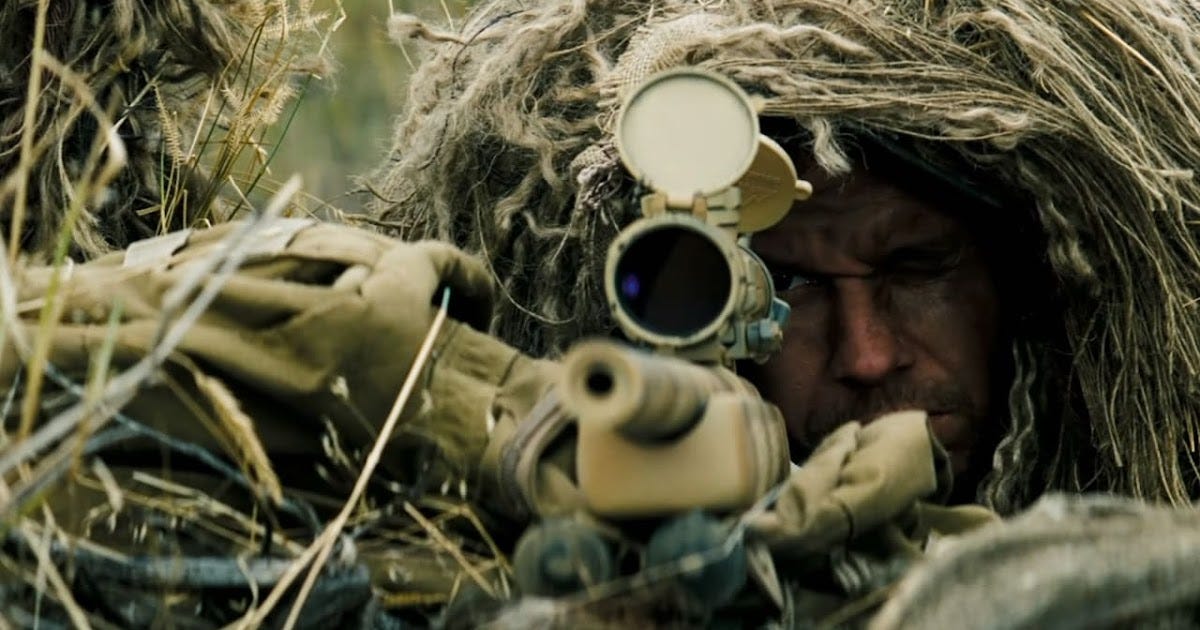“Forget inspiration. Habit is more dependable. Habit will sustain you whether you’re inspired or not.”
—Octavia Butler
“Men desire novelty to such an extent that those who are doing well wish for a change as much as those who are doing badly.”
—Niccolò Machiavelli
“The greatest threat to success is not failure but boredom. We get bored with habits because they stop delighting us. The outcome becomes expected. And as our habits become ordinary, we start derailing our progress to seek novelty.”
—James Clear, Atomic Habits
I:
Small details fascinate me.
Small triumphs delight me.
Compounding marginal gains. Practiced again, and again, with a thousand slight iterations.
There are a lot of variations of repetition which can be delivered in prose:
Accumulation, amplification, anadiplosis, anaphora, antanaclasis, antimetabole, antithesis, assonance, asyndeton, auxesis, chiasmus, commoratio, conduplicatio, consonance, conversio, diacope, epanaphora, epizeuxis, enumeratio, mesodiplosis, parachesis, parallel structure, paregmenon, pleonasm, polyptoton, polysyndeton, refrain, symploce, and many more, easily forgotten.
Some are more useful than others.
A few of these rhetorical devices are a complete waste of time, and will actually damage your writing if you try using them, because meaningless repetition detracts from efficient communication.
Probably I will explain a few of these techniques, at some indefinite point in the future.
Digested alone, these techniques lack impact. Cool sentences are soon forgotten, forgotten by readers, readers who keep searching, searching for something brilliant and cool.
But skills compound.
Audiences are amazed by variety. Juggling between disparate methods constructs an enticing performance.
Subtle improvements are invisible, during the early stages of growth. Slowly, steadily, momentum builds. Then a threshold is reached. Visible progress materializes. Critical mass emerges, and the arrival seems meteoric, like the golden radiance of dawn flashing out to pierce the night’s darkness.
Bobybuilders compare their physique to old photos, and are amazed by the difference, dense muscle replacing jiggling cellulite.
Photographers compare their current portraiture against early work, and note the diffusion of light; the framing of the camera; the sharpness of focus; the smiling, laughing families who have become relaxed despite the awkwardness of a pointed camera; a hundred small details which separate professionals from amateurs.
The same thing happens to writers.
Sentences pile up; paragraphs burst out in turbulent, chaotic geysers. Entire pages are abandoned.
Quiet, sober meditations are compressed into pearls. Pearls chain together, forming treasures. Treasures accrue. Gorgeous stories seep out into the broader world.
And strangers take notice. Fans tell you that your story has become their story, their secret shames and insecurities have been reinterpreted into gentle, confident hopes.
Authors look back at their early stories, and ask — when did this happen? When did my clumsy prose become a fluid, efficient panther stalking hungrily through trembling jungles, chasing and feasting? When did robotic, mechanical themes soften into dusk’s shadows, spiritual messages delivered through elegant subtext?
When did my cluttered, disorganized songs arrange together into precise, pristine symphonies?
It happens.
Olympians train basic exercises, the same exercises taught to children. And they do this because neglected mechanics will atrophy, even when their entire life is dedicated to competing as the world’s best athletes.
When Michael Phelps was the most dominant swimmer in the world, he won eight gold medals in the 2008 Beijing Olympics. He broke records in seven events:
the 400-meter individual medley
the first leg of the 4x100-meter freestyle relay
the 200-meter freestyle
the 200-meter butterfly
the first leg of the 4x200-meter freestyle relay
the 200-meter individual medley
The third leg of the 4×100-meter medley relay
Every day Michael Phelps trained with a grueling gauntlet of exercises, conditioning himself to race faster than anyone in recorded history. But his practice regimen included elementary drills taught to children.
Long swims increased his stamina.
Remedial drills sharpened his technique, and maximized his speed. These were boring, repetitive, and painful movements. And they included vertical kicks, underwater kicks, and an exercise called “sculling”, during which Michael Phelps would knife his arms through the water, ripping and gliding in monotonous patterns.
Sculling is a simple exercise taught to children, in order to acclimate to water.
Patience, humility, and attention to detail are necessary to maximize talent, and to do the boring, repetitive practice which empowers lifelong evolution.
The alternative is stagnation.
Constant improvement requires a flexible mindset, and the willingness to revisit entrenched strengths, searching to refine and reinforce what is already “good enough”.
Every level of storytelling is worth studying.
Theory, poetry, and mechanics.
The granular, and the grandiose.
One of the easiest, simplest forms of repetition is a small trick called epistrophe. It is also referred to with the term epiphora, or antistrophe. Same thing. Epistrophe is created when sentences, clauses, or phrases end by repeating the same words.
The opposite of epistrophe is anaphora, when the beginnings of sentences, clauses, or phrases repeat the same words.
This can even become a game between author and audience, playfully hiding encrypted chains of the same words.
Patterns unfold into loops, unpredictable assortments of the same words. Sometimes bland. Sometimes clever. Sometimes flamboyant.
Technically antistrophe is a subset of epiphora. Antistrophe only refers to repetition within linear, consecutive clauses — usually contained inside a single sentence. But even the textbooks and literary tutorials use the words antistrophe, epistrophe, and epiphora interchangeably, as if there was no difference between any of them.
The distinction is unimportant.
Surprisingly, anaphora and epiphora are often used together in passionate speeches, and the synergistic combination of these two skills is something called symploce.
I will elaborate upon anaphora and symploce elsewhere; focused, isolated training is more effective.
Epistrophe feels natural, and conversational.
One of the undervalued benefits of anaphora, epiphora, symploce, and similar techniques is that by arranging data with a unified structure, random and unrelated observations start to seem connected. Discussions can transition from one topic to another, without the audience noticing logical gaps… intellectual leaps… philosophical divergences. Fluid efficiency is achieved.
The presentation remains smooth.
Repetition is a universal tool among writers, because it can be applied in so many different expressions, with subdued or extravagant results. Repetition can intensify and escalate, or collate lists, or guide the audience towards symbolic implications.
Epistrophe is a blunt instrument… An obvious trick.
And for that reason, epistrophe, anaphora, and symploce are excellent tools of misdirection. The best way to hide a clue, or perform a discreet skill, is to package an aggressive, ostentatious distraction in close proximity.
Epiphora is adored by crowds. Speakers can hammer their arguments with brute force. This approach usually charms audiences. Fans roar, and cheer, elated.
Complexity inspires; simplicity provokes.
Below are some of the best examples of epistrophe I’ve come across:
1.)
“I would plead... with every person here. Make me a scapegoat, if you will. Call me a traitor, if you will. But please, let's save the country.”
—Neil Jordan, Michael Collins (screenplay)
2.)
“You've slept together, lived together, fought together.”
—Neil Jordan, Michael Collins (screenplay)
3.)
“The steel must be part of your arm. Can you drop part of your arm?”
—George R. R. Martin, A Game of Thrones
4.)
“They were the best we could get. You sent me there knowing they were the best we'd get.”
—Neil Jordan, Michael Collins (screenplay)
5.)
“Snow had fallen, snow on snow, snow on snow,
In the bleak midwinter, long ago.”
—Christina Rossetti, In the Bleak Midwinter
6.)
“If you had known the virtue of the ring,
Or half her worthiness that gave the ring,
Or your own honour to contain the ring,
You would not then have parted with the ring.”
—William Shakespeare, The Merchant of Venice
7.)
“When I was a child, I talked like a child, I thought like a child, I reasoned like a child. When I became a man, I put the ways of childhood behind me.”
—Apostle Paul, 1st Corinthians 13:11
8.)
“The moth and the fish eggs are in their place,
The bright suns I see and the dark suns I cannot see are in their place,
The palpable is in its place and the impalpable is in its place.”
—Walt Whitman, Song of Myself
9.)
“Practice isn’t the thing you do once you’re good. It’s the thing you do that makes you good.”
—Malcolm Gladwell
10.)
“You said I wanted to diminish you. The truth is, I don’t. You said I wanted to challenge you in 2016. The truth is, I don’t. You said I wanted the presidency for myself. The truth is, I do.
What politician hasn’t dreamed about what it would be like to take the oath of the highest office of our land? I’ve stared at your desk and coveted it.”
—Frank Underwood, House of Cards, Season Two: Episode Thirteen
11.)
“The big sycamore by the creek was gone. The willow tangle was gone. The little enclave of untrodden bluegrass was gone. The clump of dogwood on the little rise across the creek — now that, too, was gone.”
—Robert Penn Warren, Flood: A Romance of Our Time
12.)
“Where affections bear rule, their reason is subdued, honesty is subdued, good will is subdued, and all things else that withstand evil, forever are subdued.”
—Thomas Wilson, The Art of Rhetoric
13.)
“Perhaps this is the most important thing for me to take back from beach-living: simply the memory that each cycle of the tide is valid, each cycle of the wave is valid, each cycle of a relationship is valid.”
—Anne Morrow Lindbergh, Gift from the Sea
14.)
“You, me, or nobody is gonna hit as hard as life. But it ain’t about how hard ya hit. It’s about how hard you can get hit and keep moving forward. How much you can take and keep moving forward.”
—Sylvester Stallone, Rocky Balboa
15.)
“One step at a time, one punch at a time, one round at a time. One step at a time, one punch at a time, one round at a time.”
—Ryan Coogler, Creed
16.)
“But, in a larger sense, we can not dedicate — we can not consecrate — we can not hallow this ground. The brave men, living and dead, who struggled here, have consecrated it, far above our poor power to add or detract.”
—Abraham Lincoln, The Gettysburg Address
17.)
“It is rather for us to be here dedicated to the great task remaining before us — that from these honored dead we take increased devotion to that cause for which they gave the last full measure of devotion — that we here highly resolve that these dead shall not have died in vain — that this nation, under God, shall have a new birth of freedom — and that government of the people, by the people, for the people, shall not perish from the earth.”
—Abraham Lincoln, The Gettysburg Address
18.)
“Do me a favor: Don’t do me any favors.”
—Andrew Dominik, Killing Them Softly
19.)
“The time for the healing of the wounds has come. The moment to bridge the chasms that divide us has come.”
—Nelson Mandela
20.)
“This guy wants to tell me we’re living in a community. Don’t make me laugh. I’m living in America, and in America, you’re on your own. America’s not a country, it’s just a business. Now fucking pay me.”
—Andrew Dominik, Killing Them Softly
21.)
“When I thwarted your plan to give Sansa Stark to the Tyrells. If I’m going to be honest, I did feel an unmistakable sense of enjoyment there. But your confidant, the one who fed you information about my plans, the one you swore to protect… You didn’t bring her any enjoyment. And she didn’t bring me any enjoyment. She was a bad investment on my part.”
—Littlefinger (Petyr Baelish), Game of Thrones: Season Three: Episode Six “The Climb”
22.)
“Once more into the fray, into the last good fight I’ll ever know. Live and die on this day. Live and die on this day.”
—Joe Carnahan, The Grey
23.)
“War is murder! Sheer, bloody murder. Had you been here for the past year, you’d know that.”
—Michael Collins
24.)
“We'll be fine...we have to do it...and it's the right thing. Nothing bad happens when it's the right thing.”
—Beau Willimon, The Ides of March
25.)
“Senator Thompson, I am proud that you have brought integrity back to this election. Because that's what this comes down to, integrity. Who we are. Because how we project ourselves to the rest of the world matters!...Dignity matters!...Integrity matters!...Our future depends on it!”
—Beau Willimon, The Ides of March
26.)
“The one minute. The soldier’s minute. In a battle, that’s all you get. One minute of everything at once. And anything before is nothing. Everything after, nothing. Nothing in comparison to that one minute.”
—Steven Knight, Peaky Blinders: Season One: Episode Six
27.)
“‘Cause if you liked it then you should have put a ring on it
If you liked it then you shoulda put a ring on it
Don’t be mad once you see that he want it
If you liked it then you shoulda put a ring on it
Oh, oh, oh”
—Beyonce, Single Ladies
28.)
“Don’t you ever talk about my friends! You don’t know any of my friends. You don’t look at any of my friends. And you certainly wouldn’t condescend to speak to any of my friends.”
—John Bender, The Breakfast Club
29.)
“I celebrate myself, and sing myself.”
—Walt Whitman, Song of Myself
30.)
“Hourly joys be still upon you!
Juno sings her blessings on you…
Scarcity and want shall shun you.”
—William Shakespeare, The Tempest
31.)
“You don’t want the truth because deep down in places you don’t talk about at parties, you want me on that wall, you need me on that wall.”
—Aaron Sorkin, A Few Good Men
32.)
“She takes just like a woman, yes
She makes love just like a woman, yes, she does
And she aches just like a woman
But she breaks just like a little girl.”
—Bob Dylan, Just Like a Woman
33.)
“My brother need not be idealized, or enlarged in death beyond what he was in life; to be remembered simply as a good and decent man, who saw wrong and tried to right it, saw suffering and tried to heal it, saw war and tried to stop it.”
—Ted Kennedy, Eulogy for Robert F. Kennedy
34.)
“I’m not like all of the other girls.
I can’t take it like the other girls.
I won’t share it like the other girls.
That you used to know.”
—Shirley Manson, You Look So Fine
35.)
“When there is talk of hatred, let us stand up and talk against it. When there is talk of violence, let us stand up and talk against it.”
—Bill Clinton
36.)
“We remember today that all our gentle heroes of Vietnam have given us a lesson in something more: a lesson in living love. Yes, for all of them, those who came back and those who did not, their love for their families lives; their love for their buddies on the battlefields and friends back home lives; their love of their country lives.”
—Ronald Reagan, Address at the Vietnam Veterans’ Memorial
37.)
“Let me be more specific. I am neither a Christian, nor an atheist, I'm not Jewish or Muslim...what I believe...my religion is written on a piece of parchment called the Constitution. Meaning I will defend, till my dying breath, your right to worship, in whatever God or lack thereof you believe in, as long as it doesn't hurt others. I believe we should be judged as a government by how we take care of those who can't take care of themselves. That's my religion. If you feel that I'm not religious enough, then don't vote for me. If you feel I'm not experienced enough or tall enough then don't vote for me. Because I'm not going to change those to get elected.”
—Beau Willimon, The Ides of March
38.)
“Through that love, we pray as one, we build as one, we work as one, and we win as one.”
—Alan Cayetano
39.)
“If we can find that grace, anything is possible. If we can tap that grace, everything can change. Amazing grace. Amazing grace.
Amazing grace, how sweet the sound, that saved a wretch like me; I once was lost, but now I’m found; was blind but now I see.
Clementa Pinckney found that grace.
Cynthia Hurd found that grace.
Susie Jackson found that grace.”
—Barack Obama, Charleston Address
40.)
“Once upon a midnight dreary, while I pondered, weak and weary,
Over many a quaint and curious volume of forgotten lore—
While I nodded, nearly napping, suddenly there came a tapping,
As of some one gently rapping, rapping at my chamber door—
"'Tis some visitor," I muttered, "tapping at my chamber door—
Only this and nothing more."
Ah, distinctly I remember it was in the bleak December;
And each separate dying ember wrought its ghost upon the floor.
Eagerly I wished the morrow;—vainly I had sought to borrow
From my books surcease of sorrow—sorrow for the lost Lenore—
For the rare and radiant maiden whom the angels name Lenore—
Nameless here for evermore.
—Edgar Allen Poe, The Raven
41.)
“What lies behind us and what lies before us are tiny compared to what lies within us.”
—Ralph Waldo Emerson
42.)
“We have a weapon more powerful… than any in the whole arsenal of the British Empire! That weapon… is our refusal! Our refusal to bow to any order but our own! Any institution but our own!
Our friends in the Royal Irish Constabulary want to shut me up. Jail me again, shoot me, who knows? But I’d like you to send them a message!
If they shut me up, who’ll take my place? Who’ll take my place?
I can’t hear you! Who’ll take my place?
Will they shut you up?”
—Neil Jordan, Michael Collins (screenplay)
43.)
“Shel Turtlestein was many things, but above all he was my friend. When I didn’t get a date with Fiona Gunderson, Shel was there. When I didn’t get to play the part of Tevye, Shel was there. And when a raccoon broke into my room, unfortunately, Shel was there.”
—Manny Delgado, Modern Family: Season One: Episode Seventeen
44.)
“For no government is better than the men who compose it, and I want the best, and we need the best, and we deserve the best.”
—John F. Kennedy
45.)
“I say to them, there’s not a liberal America and a conservative America, there’s the United States of America. There’s not a black America and white America and Latino America and Asian America; there’s the United States of America.”
—Barack Obama
46.)
“I could not, I will not, I cannot betray their trust.”
—Ellen Sirleaf
47.)
“The United States, as the world knows, will never start a war. We do not want a war. We do not now expect a war.”
—John F. Kennedy, The Strategy for Peace
48.)
“Sons of Gondor! Of Rohan! My brothers. I see in your eyes the same fear that would take the heart of me. A day may come when the courage of Men fails, when we forsake our friends and break all bonds of fellowship, but it is not this day. An hour of wolves and shattered shields when the Age of Men comes crashing down, but it is not this day! This day we fight! By all that you hold dear on this good earth, I bid you stand, Men of the West!”
—Peter Jackson, The Return of the King (film speech, not in Tolkien’s book)
49.)
“But more than anything, to me, he was dad.
And what a dad. He loved us with the passion and the devotion that encompassed his life. He taught us to believe in ourselves, to stand up for ourselves, to know ourselves and to accept responsibility for ourselves.”
—Justin Trudeau, Eulogy for Pierre Trudeau
50.)
“Control the market. Yeah? You win, I win, they win.”
—Marty Byrde, Ozark: Season One: Episode Three
51.)
“Learning is the only thing the mind never exhausts, never fears, and never regrets.”
—Leonardo da Vinci
52.)
“There are three classes of people: those who see. Those who see when they are shown. Those who do not see.”
—Leonardo da Vinci
53.)
“Facts are stubborn things; and whatever may be our wishes, our inclinations, or the dictates of our passion, they cannot alter the state of facts and evidence.”
—John Adams
54.)
“Speak wisdom to a fool, and he calls you foolish.”
—Euripides
55.)
“We live in a cynical world. A cynical world. And we work in a business of tough competitors.”
—Cameron Crowe, Jerry Maguire (screenplay)
56.)
“I do not say that democracy has been more pernicious on the whole, and in the long run, than monarchy or aristocracy. Democracy has never been and never can be so durable as aristocracy or monarchy; but while it lasts, it is more bloody than either… Remember, democracy never lasts long. It soon wastes, exhausts, and murders itself. There never was a democracy yet that did not commit suicide. It is in vain to say that democracy is less vain, less proud, less selfish, less ambitious, or less avaricious than aristocracy or monarchy. It is not true, in fact, and nowhere appears in history. Those passions are the same in all men, under all forms of simple government, and when unchecked, produce the same effects of fraud, violence, and cruelty. When clear prospects are opened before vanity, pride, avarice, or ambition, for their easy gratification, it is hard for the most considerate philosophers and the most conscientious moralists to resist the temptation. Individuals have conquered themselves. Nations and large bodies of men, never.”
—John Adams
57.)
“Perhaps the Lannisters meant for him to starve to death. “No,” he told himself. If Cersei had wanted him dead, he would have been cut down in the throne room with his men. She wanted him alive. Weak, desperate, yet alive.”
—George R. R. Martin, A Game of Thrones
58.)
“There are more women talking about the lack of women in STEM fields than there are women in STEM fields. It is the sexist culture, they will conclude. Well no, I yell into my instrument console. Engineering is horrible. Coding is horrible. Math is horrible. Why aren’t more women hanging off a high steel beam shooting red hot rivets into a skyscraper frame — because it SUCKS to do that, I tell the windshield. Women are smart enough to avoid it.”
—Delicious Tacos, Hangover Diary: Rocktober
59.)
“Bob let the beast's gaze wash over him, then felt it slide away. This was the part he liked the best, the exciting fragility of it all, the flimsiness of the connections that brought buck and man together through the medium of the rifle, but only for a few seconds, and knowing that in a minute, if the buck held, if the wind held, if his nerve held, if his luck held, he'd have Tim in his cross hairs.
He lifted the rifle.”
—Stephen Hunter, Point of Impact
60.)
“We know they are lying, they know they are lying, they know we know they are lying, we know they know we know they are lying, but they are still lying.”
—Aleksandr Solzhenitsyn
61.)
“Be patient till the last. Romans, countrymen, and lovers! hear me for my cause, and be silent, that you may hear: believe me for mine honour, and have respect to mine honour, that you may believe: censure me in your wisdom, and awake your senses, that you may the better judge. If there be any in this assembly, any dear friend of Caesar's, to him I say, that Brutus' love to Caesar was no less than his. If then that friend demand why Brutus rose against Caesar, this is my answer: —Not that I loved Caesar less, but that I loved Rome more. Had you rather Caesar were living and die all slaves, than that Caesar were dead, to live all free men? As Caesar loved me, I weep for him; as he was fortunate, I rejoice at it; as he was valiant, I honour him: but, as he was ambitious, I slew him. There is tears for his love; joy for his fortune; honour for his valour; and death for his ambition. Who is here so base that would be a bondman? If any, speak; for him have I offended. Who is here so rude that would not be a Roman? If any, speak; for him have I offended. Who is here so vile that will not love his country? If any, speak; for him have I offended. I pause for a reply.”
—William Shakespeare, Julius Caesar




